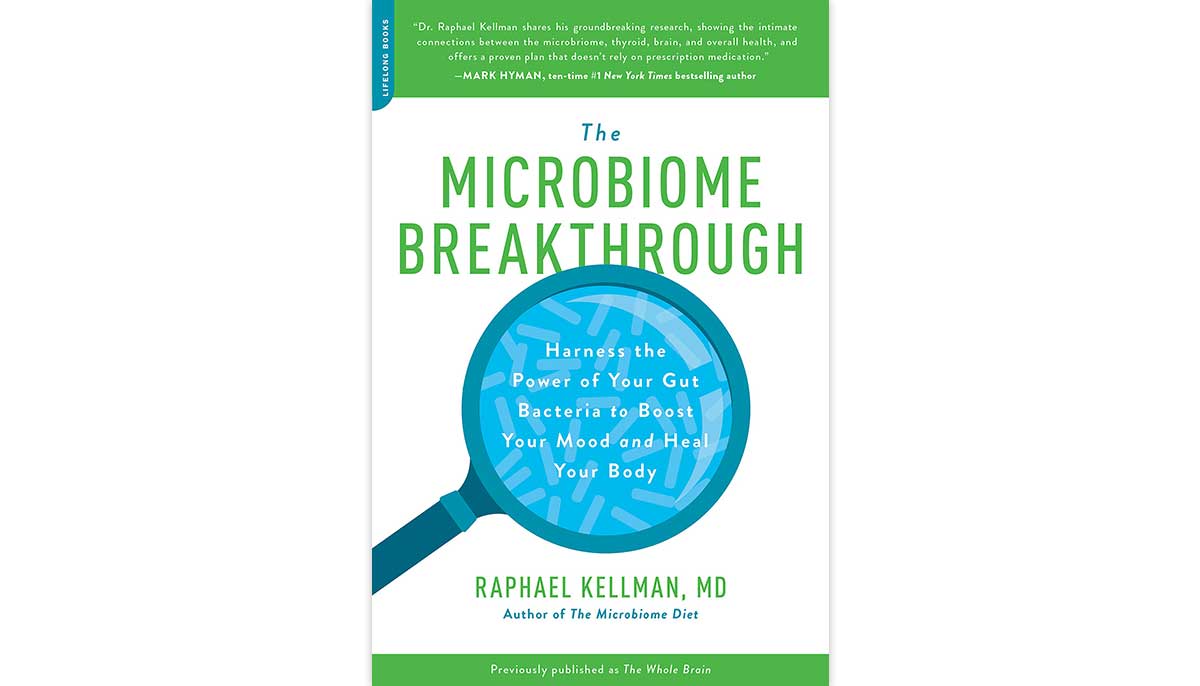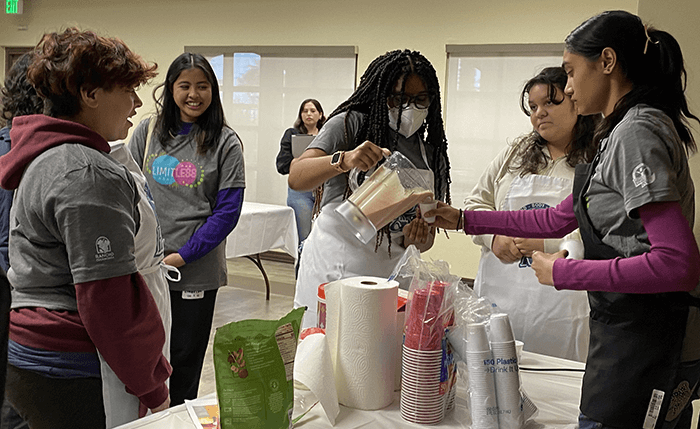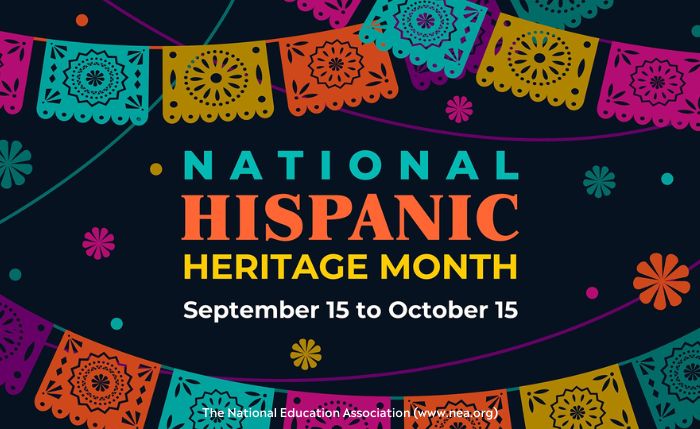By: Megan Holdaway, RDN

Dr. Raphael Kellman’s book, The Microbiome Breakthrough: Harness the Power of Your Gut Bacteria to Boost Your Mood and Heal Your Body, was the topic of discussion at the latest San Jose Registered Dietitian Nutritionist’s Book Club meeting. The book outlines the fundamental connection between the brain, gut, thyroid and microbiome and provides a diet and lifestyle program to relieve suffering from depression, anxiety and other mood disorders.
The microbiome is the community of bacteria that lives in the gut and elsewhere on the body. The book claims if any one part of this system is malfunctioning, it will impact the others. The book explains in simple terms how the brain works and how, through diet and supplements, the microbiome can improve brain function.
The four-week protocol includes:
By treating the whole person, Dr. Kellman indicates that his clinic sees very positive outcomes with patients feeling significant relief from illnesses such as anxiety, depression and brain fog. Note that brain fog isn’t a medical condition; it’s a term used for certain symptoms such as feeling confused or being unable to organize thoughts into words.
Nutrition science as it relates to both the microbiome and the impact of nutrition on mental health is very preliminary at this time, and many of the studies that show positive impacts have only been done with animals. Though this dietary plan is based on emerging scientific evidence and there are health benefits to eating more prebiotic- and probiotic-rich foods, the rigorous protocol outlined in the book is too restrictive for most people.
What is supported by the current level of evidence? Western dietary habits that include heavily processed foods, large quantities of refined grains and soft drinks, and little to no fresh produce increase the risk of mood disorders like depression and anxiety. Health-enhancing dietary patterns that benefit the whole body, including the brain, are based on minimally processed, bioactive foods like yogurt, non-starchy vegetables, beans, legumes, fruits, whole grains, nuts, seeds, fish and plant-based oils.
Note: we strongly agree with the book author's cautions to check with your personal health care provider before starting this regimen and do not change any medications with medical supervision.
To learn more from registered dietitian nutritionists on timely nutrition topics, subscribe to the Let's Eat Healthy Ask a Nutritionist video series.

Megan Holdaway, RDN
Megan Holdaway, RDN
Megan Holdaway is a registered dietitian nutritionist and the Nutrition Science Program Manager at Dairy Council of California.
In today's society, it's vital to engage teenagers in experiential nutrition education to guide them toward making nutritious food choices.

At Dairy Council of California, we understand the importance of culturally diverse foodways and the role dairy plays in these cultures.

Subscribe to our blog to stay up to date on the latest news, products, and more.